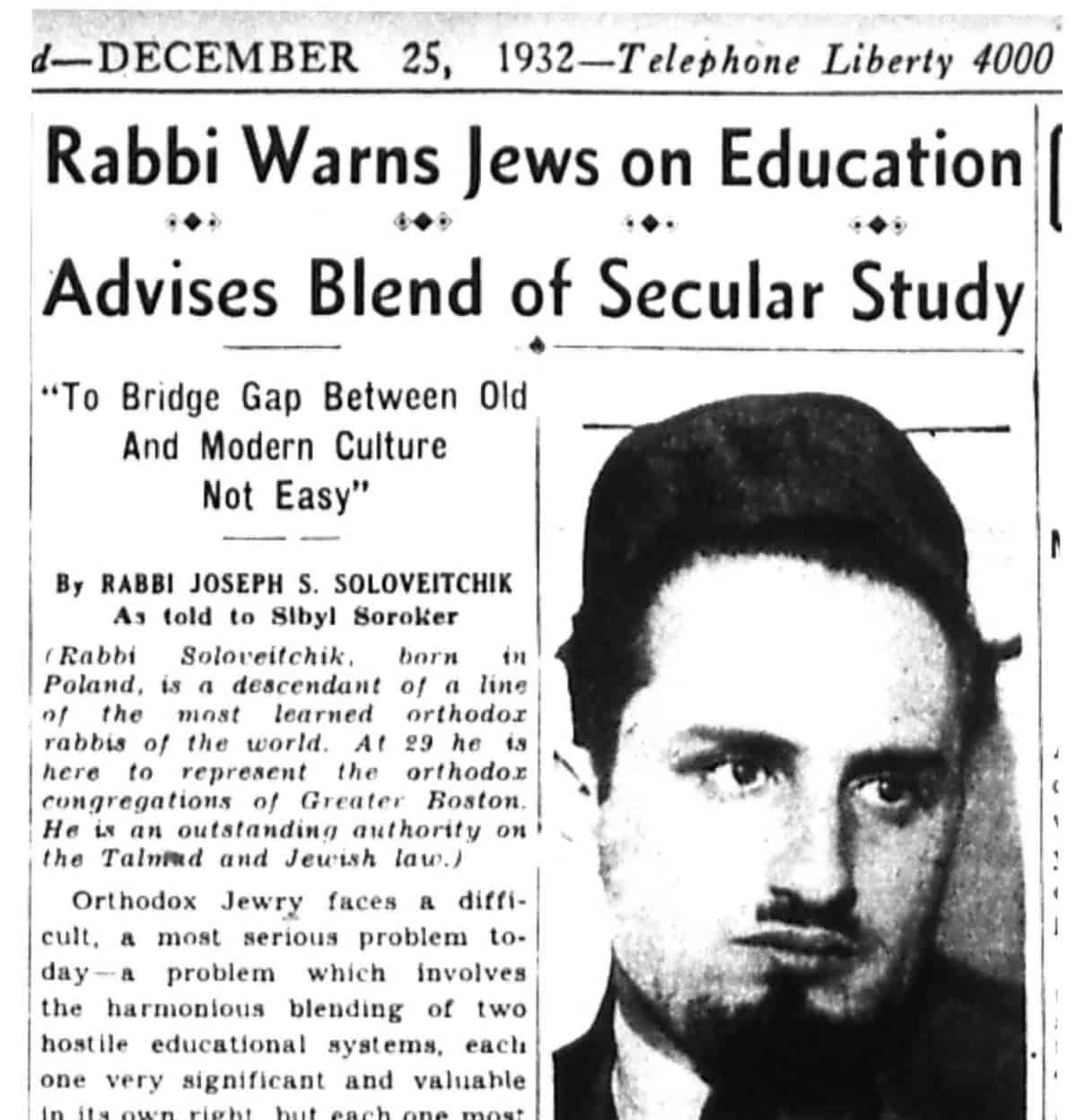Sin-a-gogue: A Must-Read for the Yamim Noraim
Jennie Rosenfeld reviews David Bashevkin's "Sin-a-gogue: Sin and Failure in Jewish Thought."
Review of Yehuda Landy: Purim and the Persian Empire
Mitchell First reviews Yehuda Landy's Purim and the Persian Empire.
Searching for the Vatican’s Menorah
Tzvi Sinensky on the lost Menorah, the Vatican theory, and the ideology of the search and mythology.
Rabbi Yehudah Ha-Levi’s Love Song on Jewish Self-Identification for the 7th day of Pesah
Yaakov Jaffe explores Yehuda Ha-Levi's Yom Le-Yabasha.
The Arrival of Rabbi Soloveitchik in America: A Documentary Report
Yisrael Kashkin and Jeffrey Saks provide a timeline for the Rav's American arrival.
An Essential Jewish Text on the Armenian Genocide
Chesky Kopel analyzes an early Zionist text to give insight into Jewish reactions to the Armenian genocide.
Gilgamesh and the Rabbis: Knowledge and its Price from Uruk to the Beit Midrash
What do Adam, Enkidu, and Reish Lakish all have in common? Eli Putterman explores.
The Fourth Chapter of Avot as an extended reflection on Epicurean Philosophy
In the spirit of Hanukkah, Yaakov Jaffe offers an intriguing thesis tying together a series of Mishnayot in the fourth chapter of Pirkei Avot: they are all responding to various aspects of Epicurean philosophy.
Judaism is About Two Kinds of Love
Warren Zev Harvey
Review of Shai Held, Judaism is About Love: Recovering the Heart of Jewish Life (New York: Farrar, Straus and Giroux, 2024). Originally...
Pandemic, Partnership, and Progress: A Vision for a post-Covid Modern Orthodoxy
Alan Jotkowitz explores how frequently overlooked passages in the writings of Rabbi Joseph B. Soloveitchik, Rabbi Aharon Lichtenstein, and Rabbi Jonathan Sacks can help pave a path forward for us on theological issues in a post-Covid world.



















 Site Operations and Technology by The Berman Consulting Group.
Site Operations and Technology by The Berman Consulting Group.